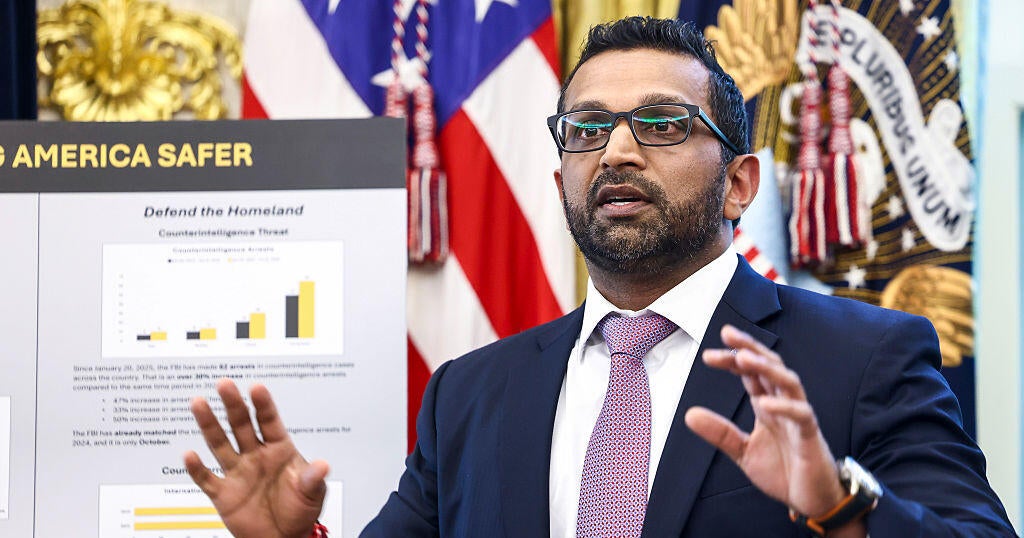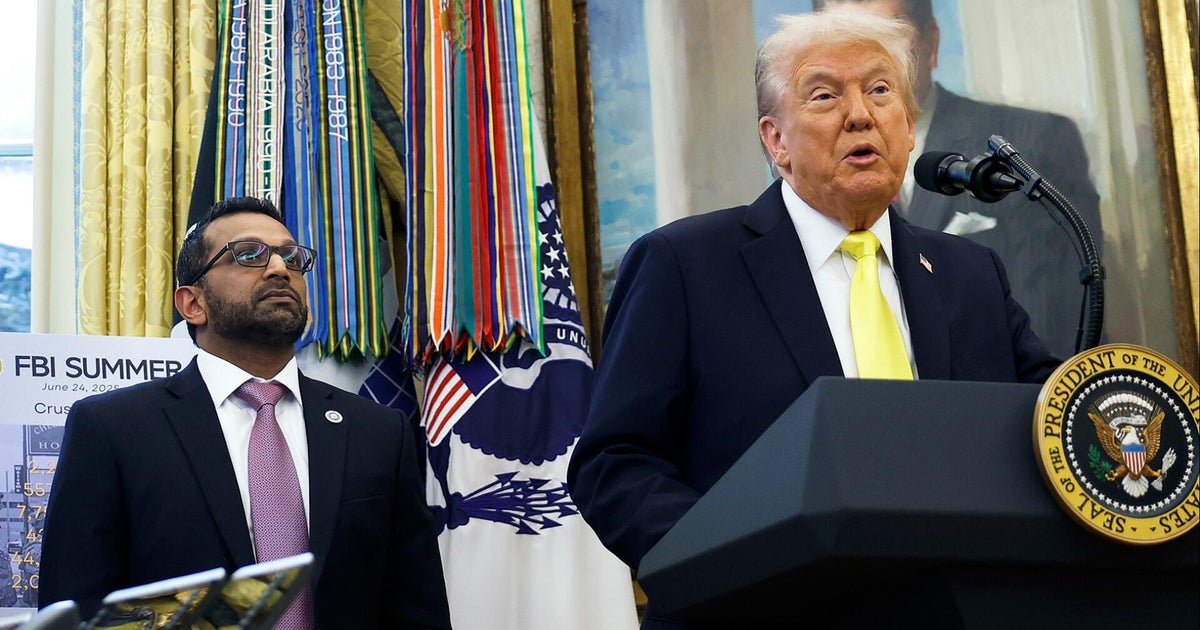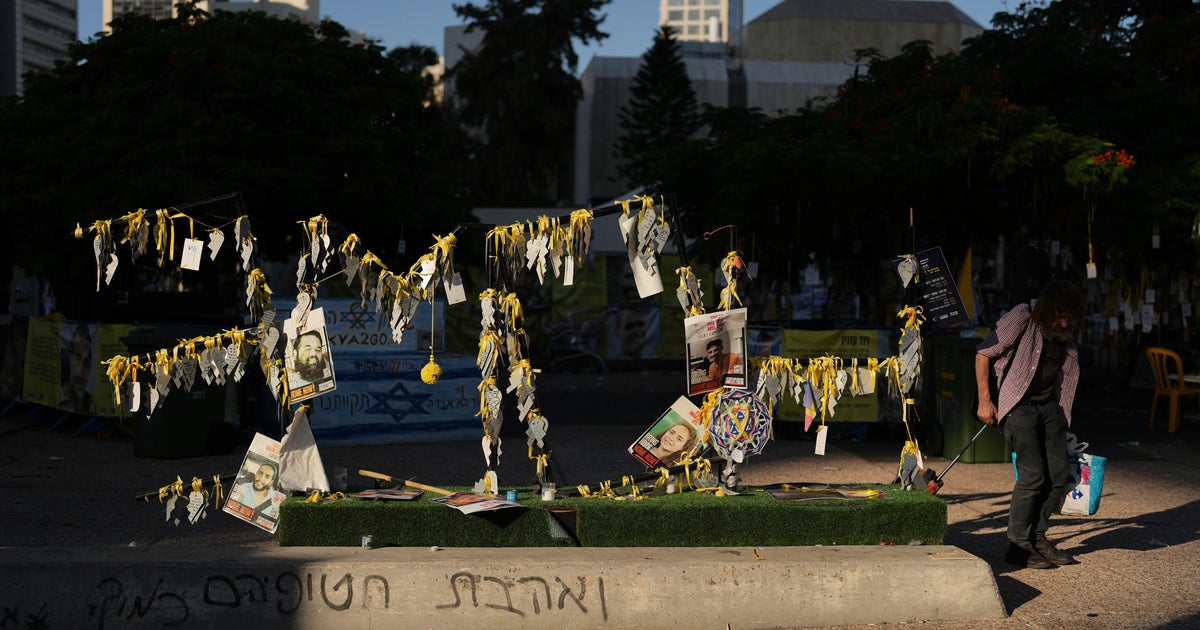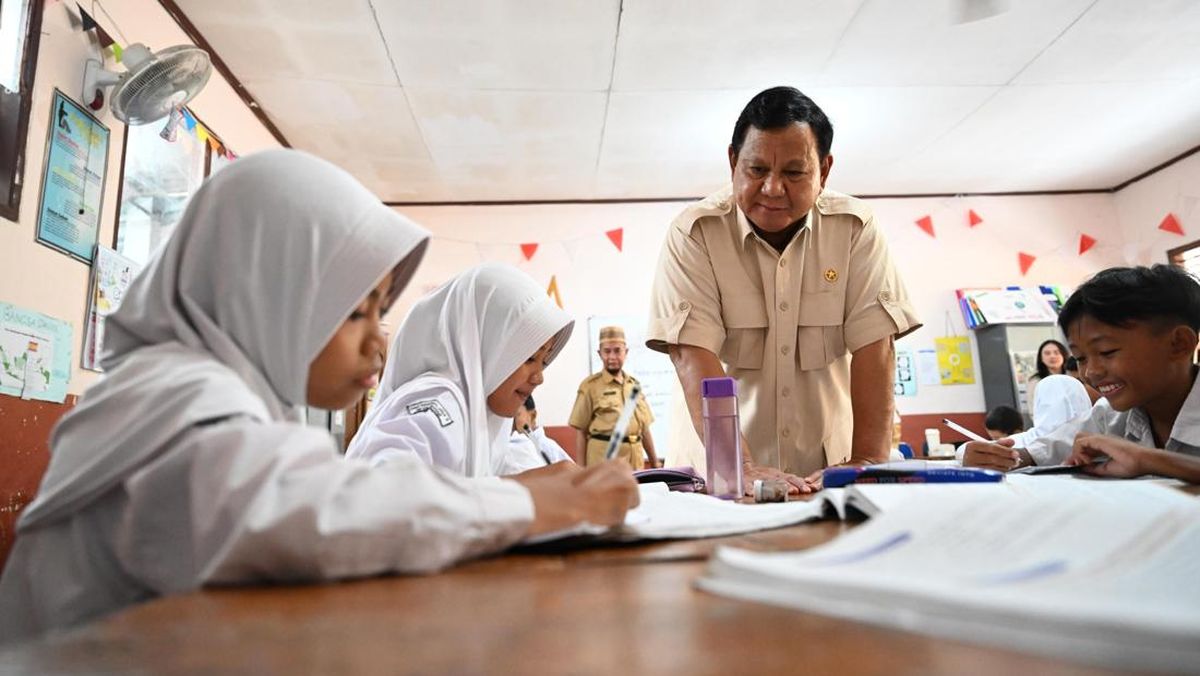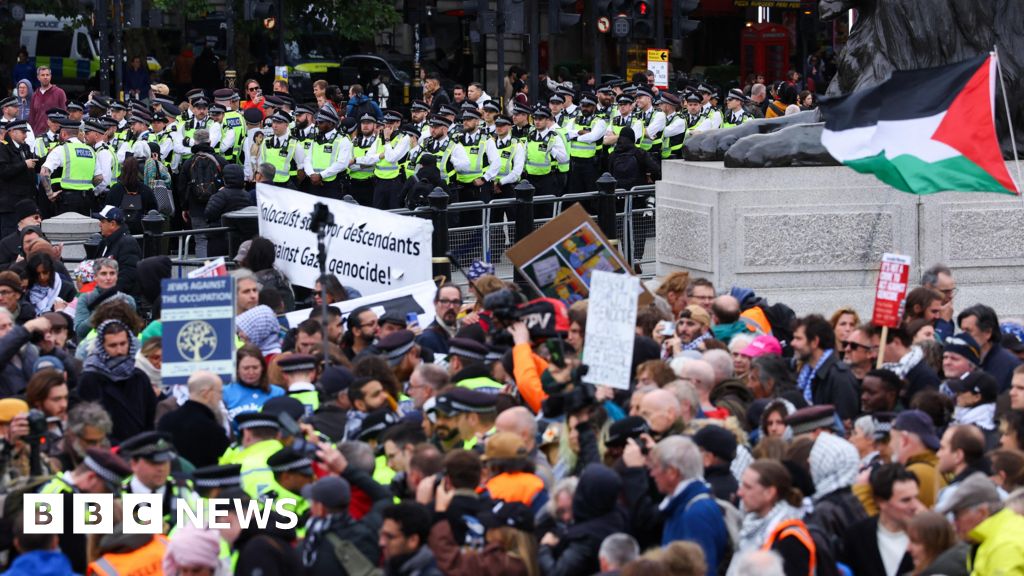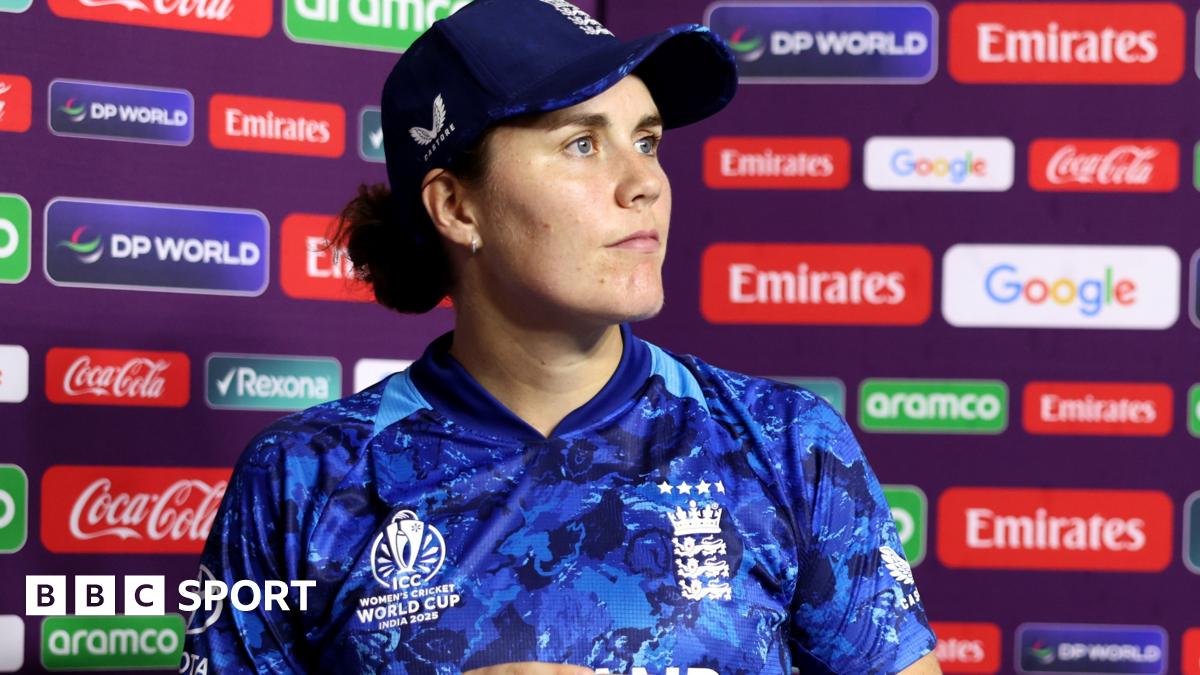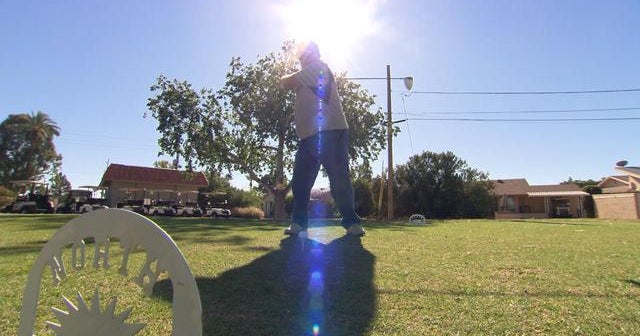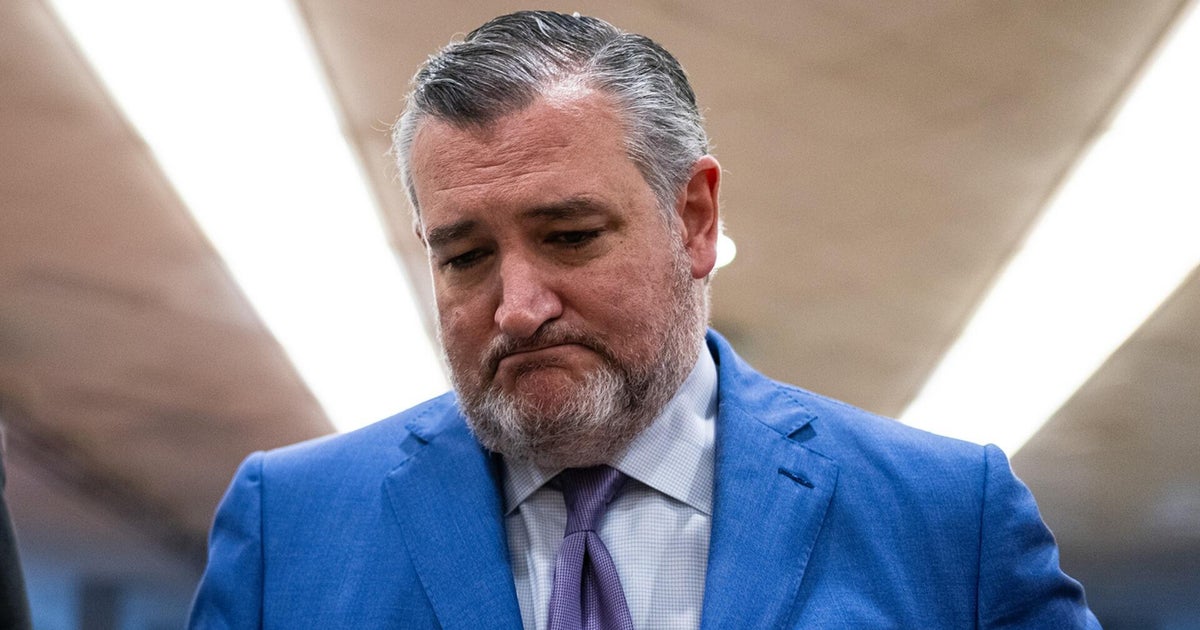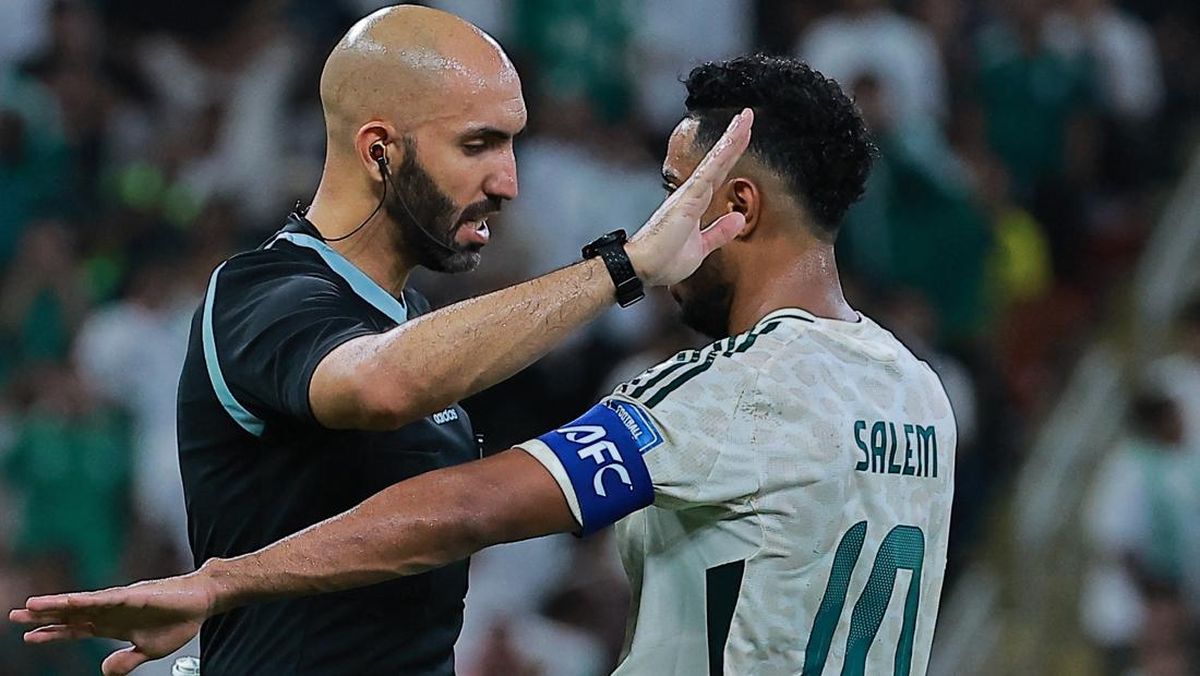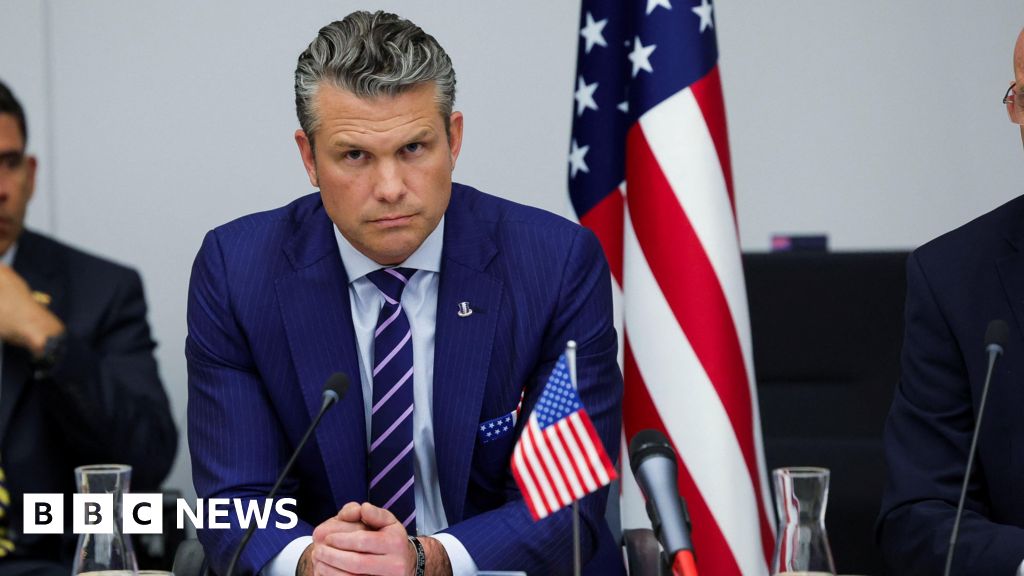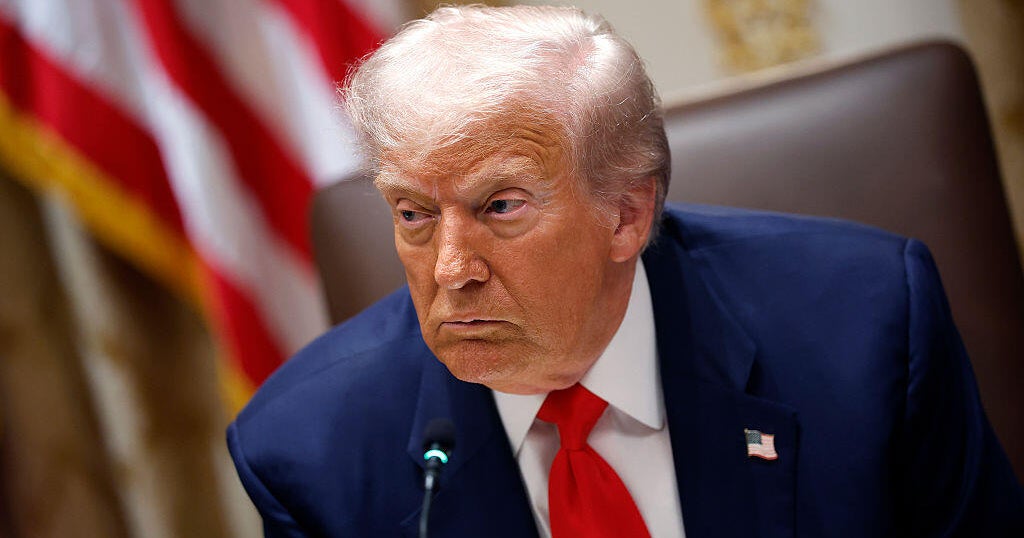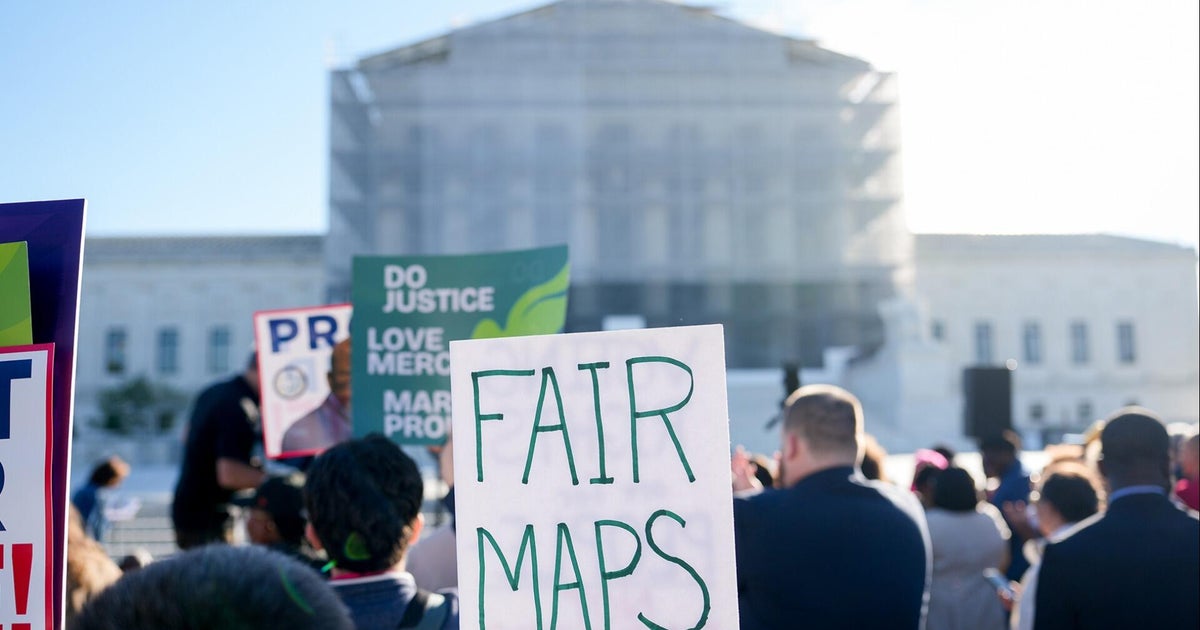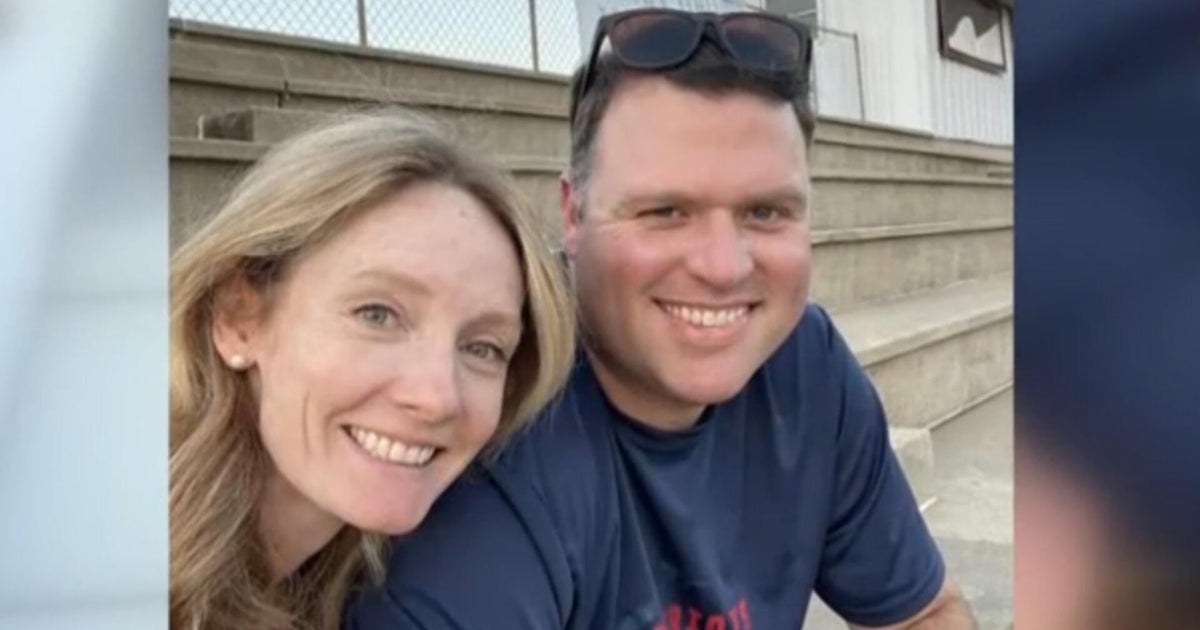Opinion
October 16, 2025 — 5.00am
October 16, 2025 — 5.00am
In this series, we explore all you need to know about Australia’s first treaty, between Victoria and its Indigenous peoples.
See all 13 stories.It is rare for state parliaments to lift above the humdrum. Most of the work they do is important and inherently dull.
When something comes along that reminds us of the transformative power of a speech or a piece of lawmaking – of the capacity of parliaments to genuinely inspire – you don’t want to miss the moment.

First Peoples’ Assembly co-chairs Ngarra Murray and Rueben Berg are congratulated by Premier Jacinta Allan and government minister Gabrielle Williams after their speeches to parliament on Tuesday.Credit: Jason South
Peter Dutton reflected on this after his decision to boycott the apology to the stolen generations delivered by former prime minister Kevin Rudd. The Liberal Party didn’t agree with the apology, but Dutton came to regret missing the moment and the message this sent.
More than one member of the federal press gallery has privately lamented that, despite being keen observers of politics, they failed to detect the energy coursing through Julia Gillard’s misogyny speech until it short-circuited YouTube.
There was a moment in the Victorian parliament on Tuesday when Ngarra Murray and Rueben Berg, the co-chairs of the First Peoples’ Assembly, walked onto the green carpet of the Legislative Assembly to tell us what a treaty means to Aboriginal people.
With the treaty legislation being debated this week, their speeches captured the essence of what this historic agreement offers – a radical reset of the relationship between Aboriginal people and a state which despite decades of good intentions, has failed to remove social and economic inequities between white and black Victoria.

The speeches by Berg and Murray are applauded in parliament.Credit: Jason South
“No longer will policies be made about us, without us,” said Murray, a fourth-generation Aboriginal activist. Berg, a qualified architect now responsible for the grand designs of Gellung Warl – the self-governance architecture to be created by the treaty legislation – had not come cap in hand. “This is not a favour asked, but a right recognised,” he said.
Murray spoke first from the state opposition’s side of the House, and Berg followed in front of the government benches. When Berg finished, the public gallery, government MPs and the crossbench stood in rousing applause.
Opposition MPs stayed glued to their seats.
Eventually, after an agonising delay, a clutch of moderate Liberals – Jess Wilson, James Newbury, Roma Britnell and Rachel Westaway – got to their feet and joined in with polite applause. While Premier Jacinta Allan and other Labor ministers embraced Berg and Murray, no one from the opposition shook their hands.

Victorian Opposition Leader Brad Battin.Credit: AAP
This was a moment, perhaps the moment in the life of this parliament, and the opposition missed it.
Only a couple of hours earlier, Opposition Leader Brad Battin and Aboriginal affairs spokesperson Melina Bath had announced their plan to repeal the treaty legislation if the Coalition formed government after next November’s election.
The Victorian opposition has opposed a treaty since the Voice to federal parliament was rejected by the 2023 referendum. As Nationals leader Danny O’Brien told state parliament once debate on the bill resumed, it should surprise no one that the Liberals and Nationals are voting against it.
“We will always be working towards addressing those very fundamental issues where Aboriginal people are at a disadvantage,” he said. “That is going to be the focus of our engagement, not on treaty, which we do not think is the right way to go.”
There is no reason to doubt the sincerity of what O’Brien said. It is just difficult to see how promising to rip up a newly negotiated treaty helps Aboriginal people or, for that matter, a Coalition desperate to broaden its appeal.
The Coalition’s alternative policy is to create a new government department, First Nations Victoria, to “add transparency, accountability and deliver measurable progress as we work to achieve the Closing the Gap targets”. In other words, a return to the hum drum.
Aunty Jill Gallagher, Victoria’s former treaty advancement commissioner, says the opposition response is “deeply hurtful and disrespectful.”
What is the public mood towards a treaty? A QDOS survey of 2000 people conducted this month for the Federation of Victorian Traditional Owner Corporations provides a snapshot. It found that 53 per cent of respondents supported a treaty and only 26 per cent were opposed.
In Labor’s 16 most marginal seats – seats the Coalition must win to form the next government – support for a treaty was 51 per cent, as opposed to 24 per cent against. In Liberal-held seats, the margin was closer, with 48 per cent in support and 33 per cent opposed. The remaining respondents were undecided.
While no one expects a treaty to be a significant vote changer at next year’s state election, the survey results suggest there is public support for the principle, if not the specifics, of a treaty.
Loading
It is also worth noting that while Victoria and all other states voted against the Voice, some of the Liberal Party’s most marginal seats backed it. In Rachel Westaway’s seat of Prahran, 70 per cent voted for the Voice. In John Pesutto’s Hawthorn, it was 66 per cent. In David Southwick’s Caulfield, 65 per cent said yes.
The Coalition’s opposition to a treaty is neither knee-jerk nor racist, but grounded in serious concerns about the creation of separate governance structures for Aboriginal people, the implications of this for traditional Westminster government, and where a treaty, as an evolving process, could take us.
“Gellung Warl is not a fixed institution,” Jess Wilson told parliament. “It is expressly designed to expand its authority over time, with an extremely broad remit to do all things necessary or convenient to perform its functions.
“The open-ended and deliberately iterative nature of this bill should concern all who value the rule of law and the separation of powers that underpin our democracy.”
Loading
Wilson and other Coalition MPs who rose to speak on the legislation made a point of acknowledging the speeches of Murray and Berg. All speakers, from all parties, agreed that the social and economic outcomes for Aboriginal people are deplorable.
Yet the Coalition offers more of the same. A moment missed and perhaps, far more.
Chip Le Grand is state political editor.
The Opinion newsletter is a weekly wrap of views that will challenge, champion and inform your own. Sign up here.
Most Viewed in Politics
Loading

